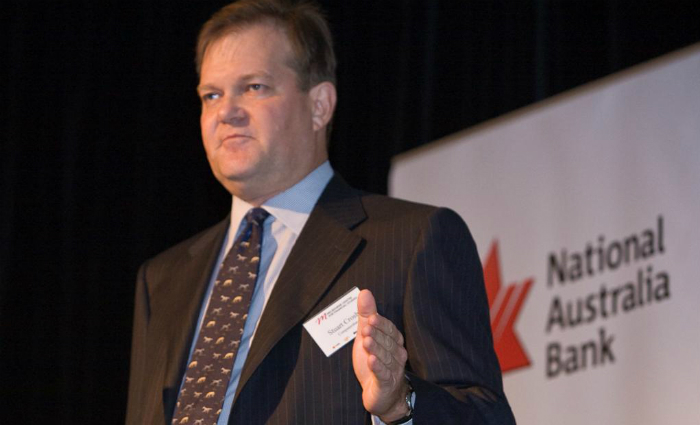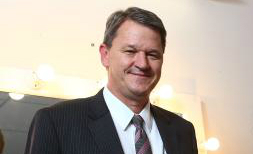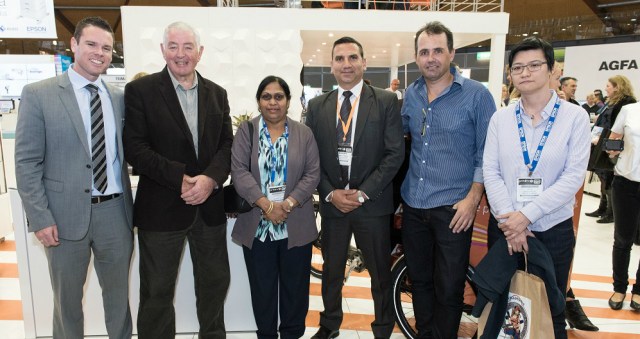
Computershare chief executive Stuart Crosby will step down after this financial year, on the heels of a 47 per cent profit jump for the company, which came despite despite flat revenues.
Australia’s second biggest business process outsourcing (BPO) operation reported $139.4m in profit, up 47.7 per cent, and revenue of $987.6m, down 1.1 per cent, compared to the same period last year.
Computershare uses high volume inkjet Ricoh InfoPrint 5000 and was the first company to install them in Australia, they now run in Melbourne, Sydney and Brisbane.
Revenue from its communication services arm, mostly BPO, fell from $109.92m to $106.06m, but the Australian operation remained steady at $71.5m.
Computershare’s stock price rose 6.4 per cent to $11.80 yesterday, its highest value in almost four years, following the announcements in the company’s 2013-14 half-yearly report.
[Related: Print stocks take a beating]
The company blamed the flat revenue on a higher US dollar, increased competition and losses on the sales of IML and the Australian Fund Services businesses.
Revenue from Computershare’s Australian operations fell 13 per cent to $211.3m. 40 per cent of the company’s revenue is now based in the US.
The profit mostly came from cutting controllable costs, mainly through economies of scale after the acquisition of American company Shareowner Services made Computershare a dominant player in the US registry market. Operating costs were down five per cent to $709m.
However, Deutsche Bank analyst Kieren Chidgey says even taking this into account, underlying costs were largely flat and the profit likely partly reflects efficiency gains from offshoring of costs, which Computershare would be keen to downplay. He expects a further 0.3 per cent drop in the second half of this financial year.
Retiring chief executive Crosby says: “Our challenge continues to be growing the revenue base, as it is for many companies, while maintaining our focus on managing the expense side of the ledger.”
“We have been relatively successful in this regard, helped by the realisation of anticipated synergies from the Shareowner Services acquisition, our recent increased utilisation of our offshore processing capabilities and a general cost focus throughout the group,” he says.
[Related: More Computershare news]
While Crosby’s decision to step down was a surprise, the company says it was part of an orderly and planned handover to 42-year-old chief information officer Stuart Irving, a 15-year company man who led the integration of most of Computershare’s big acquisitions, and previously worked for Royal Bank of Scotland.
Computershare chairman Chris Morris says Crosby successfully led the company through the financial crisis.
“Computershare was one of very few companies not to feel the need to raise equity to strengthen its balance sheet during that time,” he says.
“Under Stuart’s leadership the company’s management earning per share grew 140 per cent from 22.7c in 2006 to 54.9c in 2013.”
Crosby will continue at Computershare as a consultant, earning $20,000 a month.
Comment below to have your say on this story.
If you have a news story or tip-off, get in touch at editorial@sprinter.com.au.
Sign up to the Sprinter newsletter



